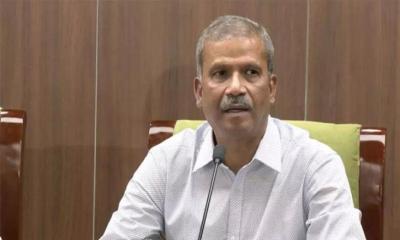Dhaka`s air quality was marked "unhealthy for sensitive groups" on Wednesday morning in spite of rain in the capital city.
With an air quality index (AQI) score of 112 at 8:50 am, Dhaka ranked 10th in the list of world cities with the worst air quality.
Dhaka residents on Tuesday experienced a relief after a long time as heavy showers drenched the city amid a scorching heat. But it had little impact on air quality.
South Africa’s Johannesburg, Saudi Arabia’s Riyadh and Indonesia’s Jakarta occupied the first three spots in the list, with AQI scores of 159, 158 and 158, respectively.
An AQI between 101 and 200 is considered “unhealthy”, particularly for sensitive groups.
Similarly, an AQI between 201 and 300 is said to be “poor`”, while a reading of 301 to 400 is considered “hazardous”, posing serious health risks to residents.
AQI, an index for reporting daily air quality, is used by government agencies to inform people how safe or polluted the air of a certain city is, and what associated health effects might be a concern for them.
In Bangladesh, the AQI is based on five criteria pollutants -- Particulate Matter (PM10 and PM2.5), NO2, CO, SO2 and Ozone.
Dhaka has long been grappling with air pollution issues. Its air quality usually turns unhealthy in winter and improves during the monsoon.
Air pollution consistently ranks among the top risk factors for death and disability worldwide.
As per the World Health Organization (WHO), air pollution kills an estimated seven million people worldwide every year, largely as a result of increased mortality from stroke, heart disease, chronic obstructive pulmonary disease, lung cancer and acute respiratory infections.




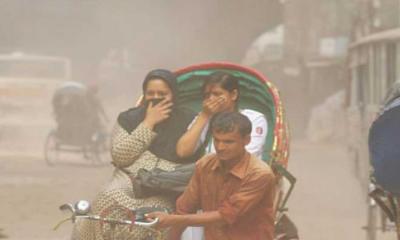
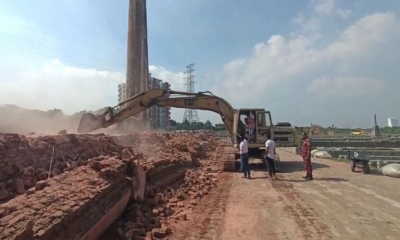
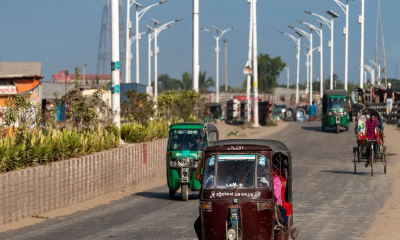
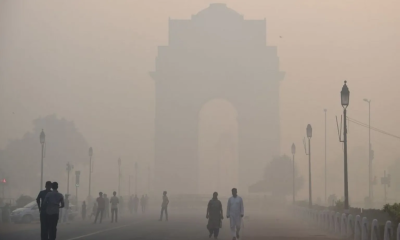
-20251226051932.jpeg)
-20251222051606.jpeg)
-20260216115008.webp)






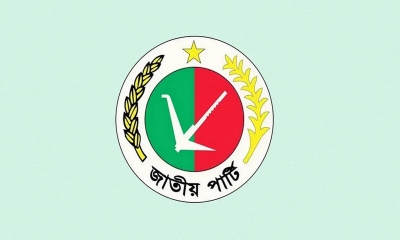
-20260216055149.webp)





